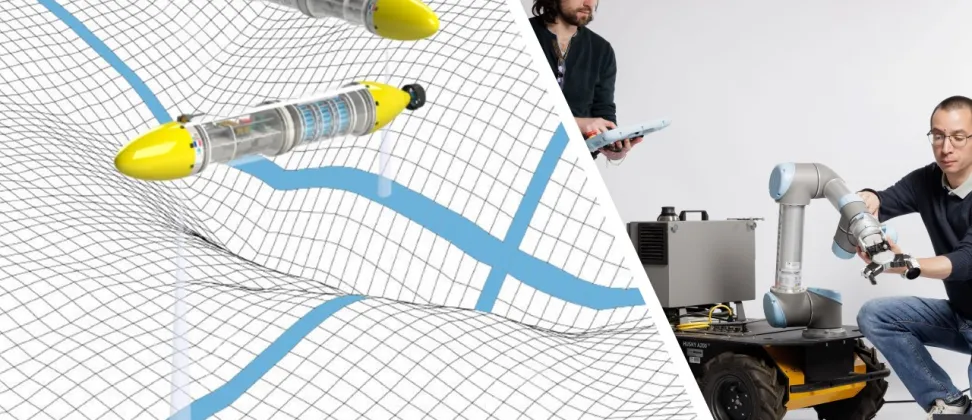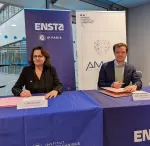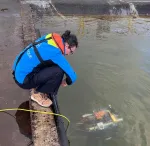
Every weeknight, he makes headlines on France 2 as the current champion of the game show “Tout le Monde a son mot à dire” (Everyone Has Their Say), hosted by Bruno Guillon and Sidonie Bonnec. The rest of the time, he is a diligent student in the...
Every weeknight, he makes headlines on France 2 as the current champion of the game show “Tout le Monde a son mot à dire” (Everyone Has Their Say), hosted by Bruno Guillon and Sidonie Bonnec. The rest of the time, he is a diligent student in the...


